Summaries of books about Science & Math:
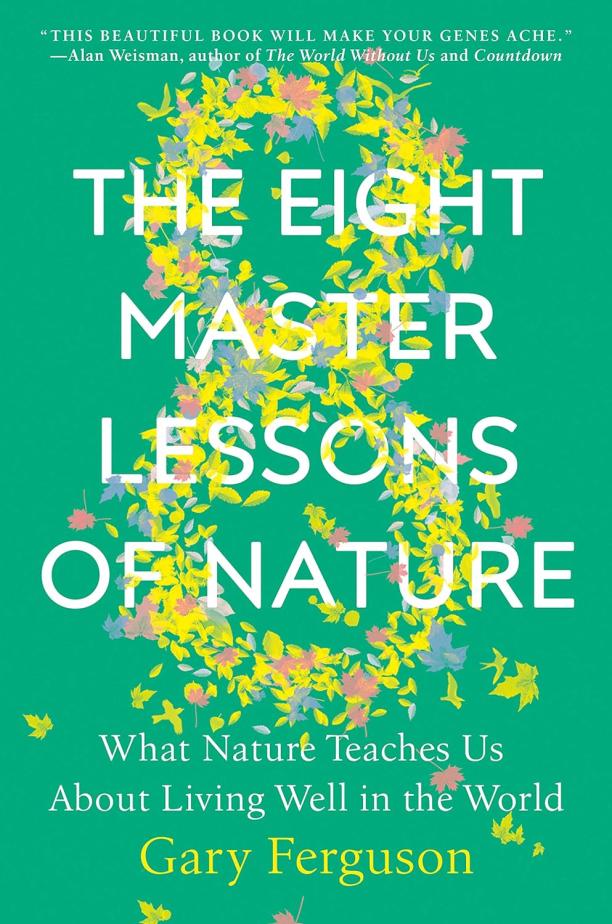
The Eight Master Lessons of Nature
What Nature Teaches Us About Living Well in the World
Gary Ferguson
The book explores the wisdom gleaned from the natural world, presenting eight key lessons that illustrate the interconnectedness of life, the importance of diversity and adaptation, and the need for balance and resilience. It draws on scientific research and personal anecdotes to show how understanding nature's principles can lead to a more fulfilling and sustainable existence for humanity.
See full summary
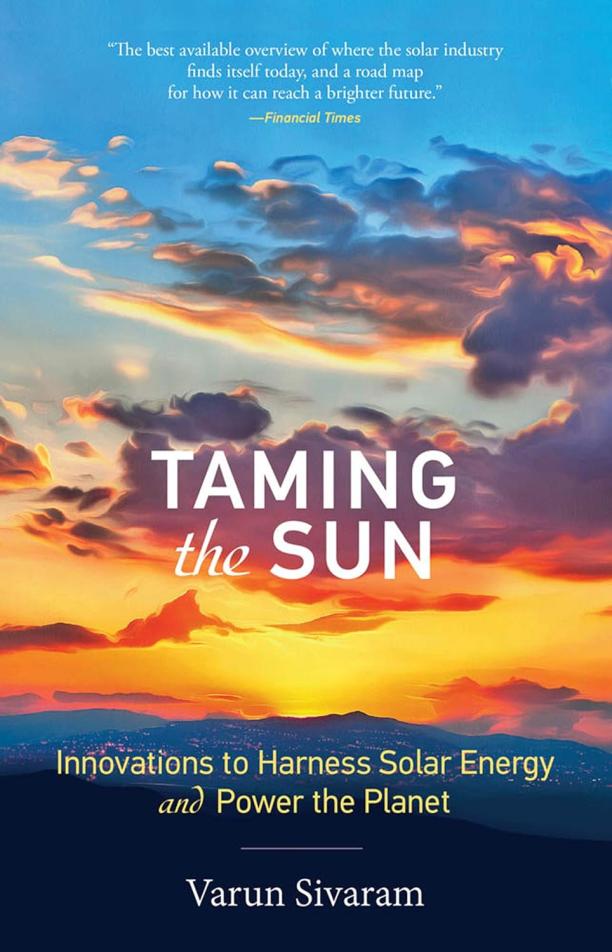
Taming the Sun
Innovations to Harness Solar Energy and Power the Planet
Varun Sivaram
The book presents a comprehensive look at the potential of solar energy to become a major source of renewable power, discussing technological innovations, policy measures, and economic strategies that could overcome current limitations and scale up solar energy use globally. It emphasizes the need for a combination of advancements in solar panel efficiency, energy storage solutions, and smart policy to fully harness the sun's power and address climate change.
See full summary
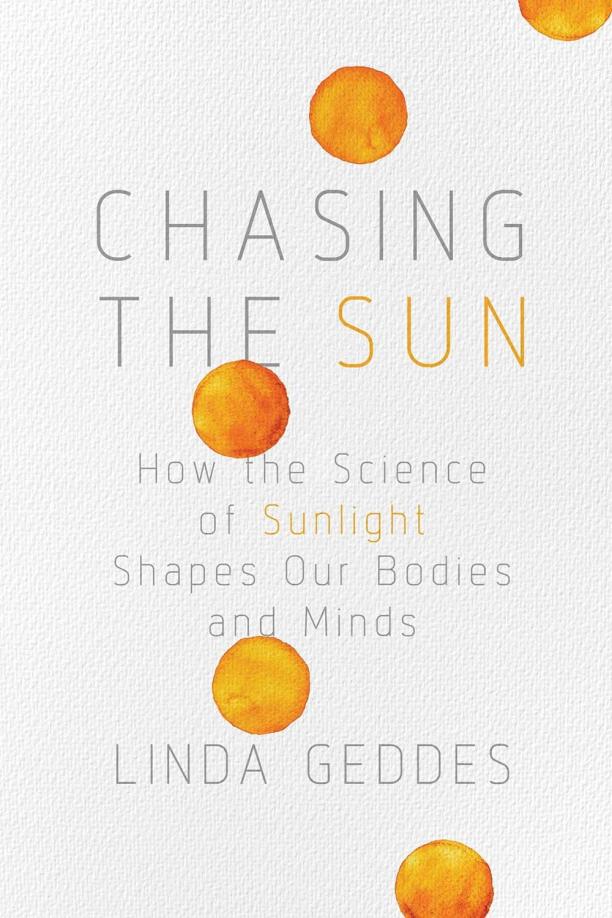
Chasing the Sun
How the Science of Sunlight Shapes Our Bodies and Minds
Linda Geddes
The book explores the profound impact of sunlight on human biology, mood, and well-being, delving into scientific research on topics such as circadian rhythms, vitamin D, and light therapy. It examines how exposure to natural light and darkness can influence sleep, mental health, and overall lifestyle, advocating for a closer relationship with the sun to improve our lives.
See full summary
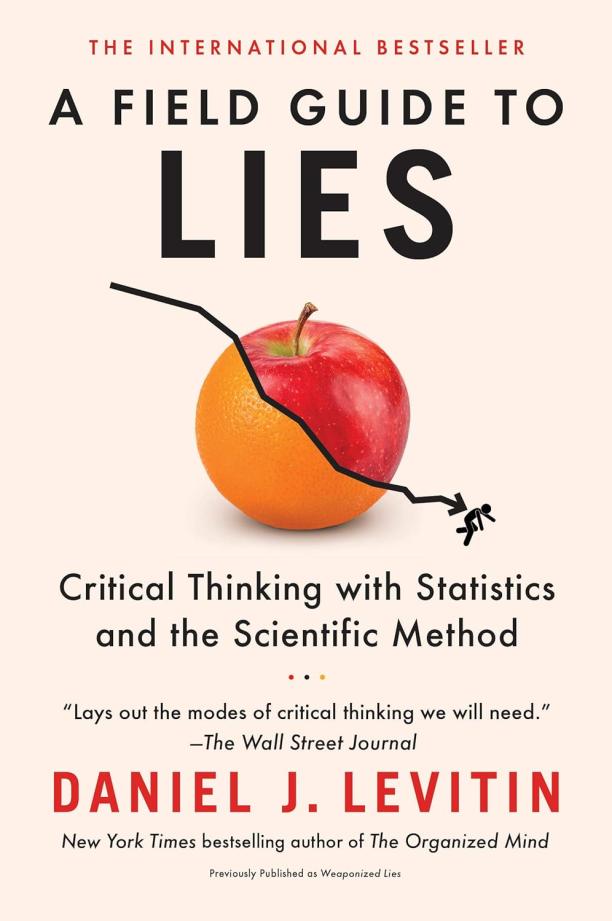
A Field Guide to Lies
Critical Thinking with Statistics and the Scientific Method
Daniel J. Levitin
The book provides readers with tools to evaluate the validity of information presented to them, focusing on deciphering statistics, graphs, and arguments in a world filled with misinformation. It offers practical advice on how to apply critical thinking skills to assess the credibility of scientific studies, media reports, and data claims.
See full summary
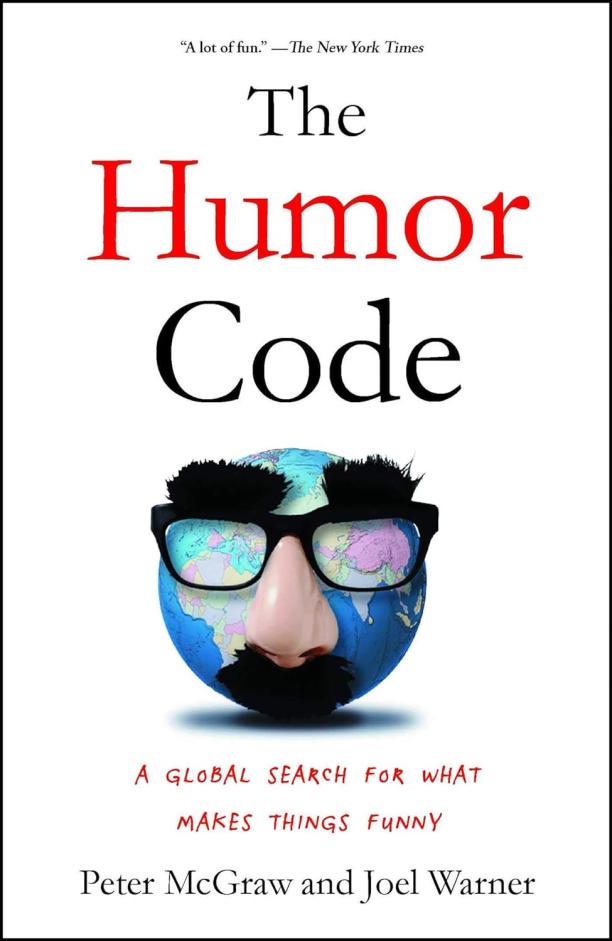
The Humor Code
A Global Search for What Makes Things Funny
Peter McGraw|Joel Warner
The book explores the science behind humor through a journey across various cultures, examining what makes things funny universally and what is humor-specific to certain societies. It combines psychological research with anecdotes and experiments to understand the underlying mechanisms of comedy and laughter.
See full summary
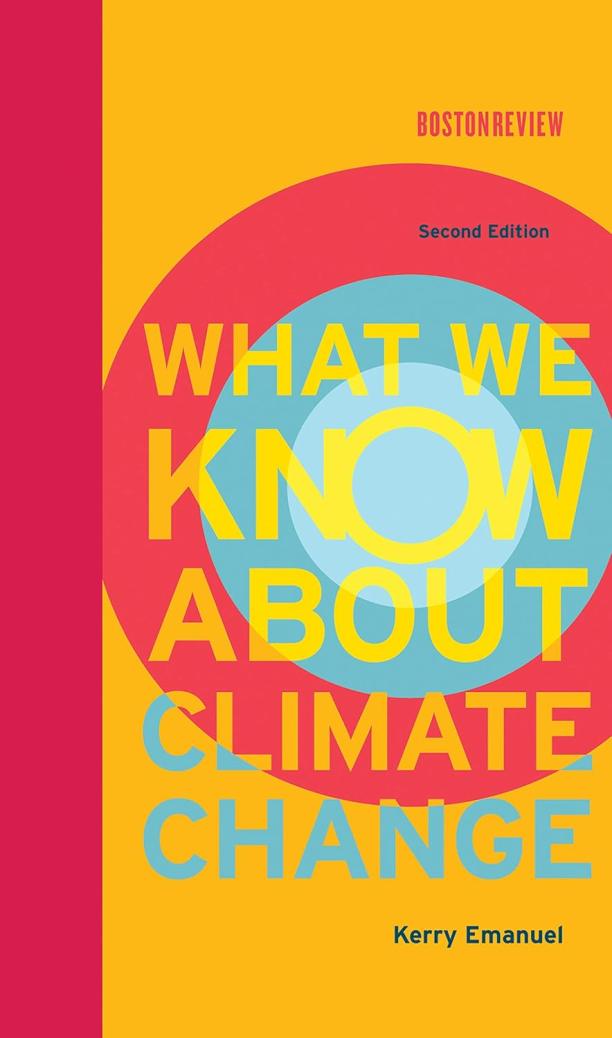
What We Know About Climate Change, second edition
Kerry Emanuel
The book provides a concise overview of the scientific understanding of climate change, explaining the evidence for global warming, the role of human activity, and the potential impacts on the planet. It also discusses the political and economic challenges of addressing climate change, offering insights into the complexities of developing effective solutions.
See full summary
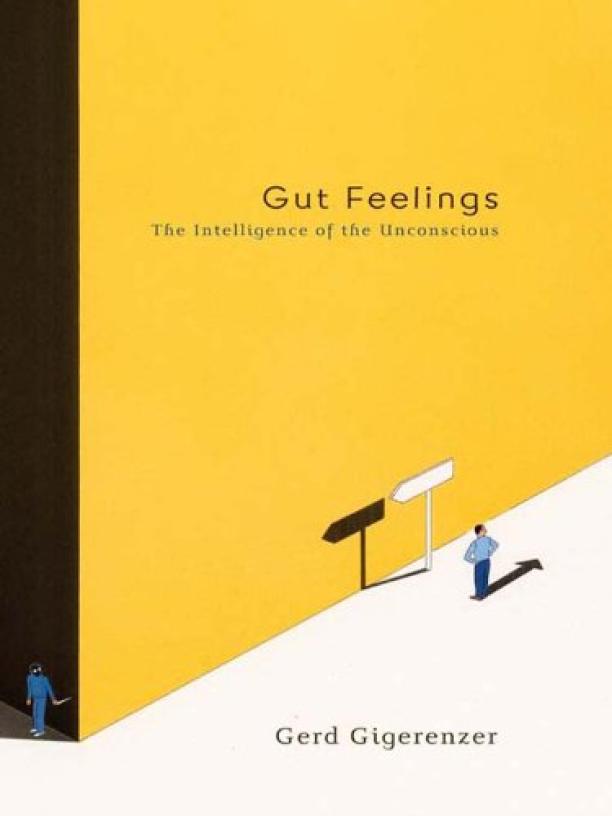
Gut Feelings
The Intelligence of the Unconscious
Gerd Gigerenzer
The book explores the concept of heuristics, the simple rules and mental shortcuts that our unconscious mind uses to make decisions and solve problems efficiently. It argues that these intuitive mechanisms can be more effective than complex rational thought, particularly in uncertain and fast-paced environments.
See full summary
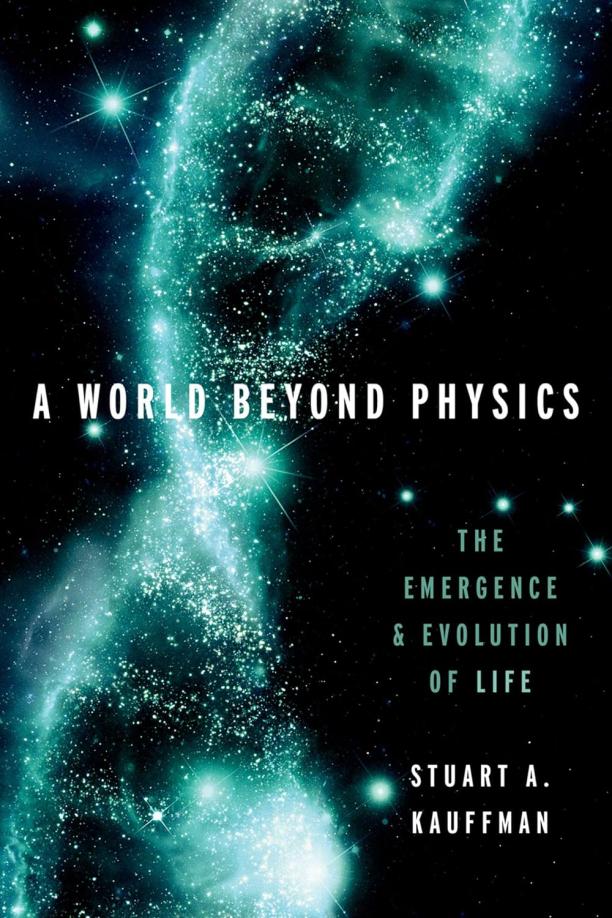
A World Beyond Physics
The Emergence and Evolution of Life
Stuart A. Kauffman
The book explores the concept that life cannot be fully explained by natural laws of physics alone, arguing for the emergence of biological systems through self-organization and complexity. It delves into the patterns of evolution and the unpredictable nature of the biosphere, suggesting that creativity is a fundamental aspect of the universe.
See full summary
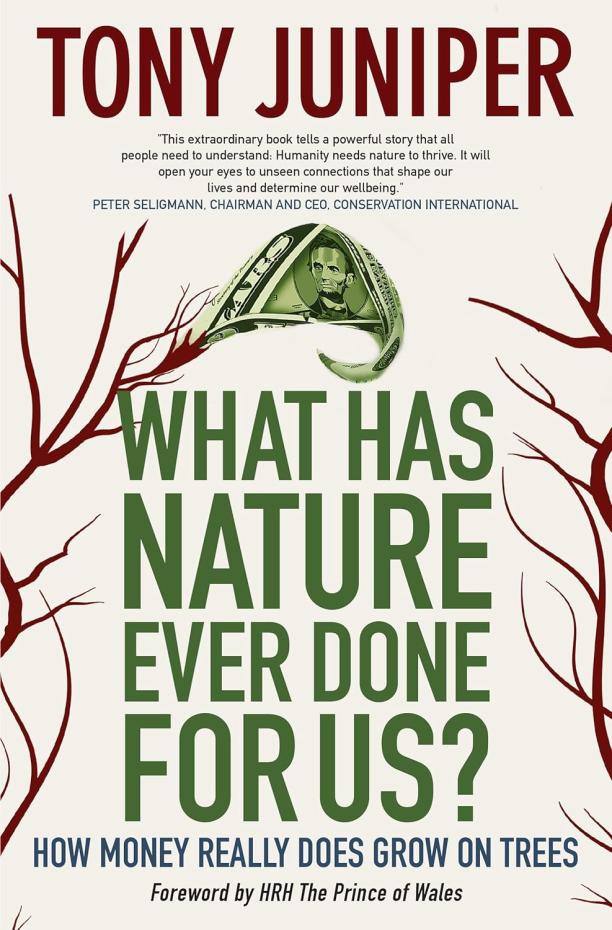
What Has Nature Ever Done for Us?
How Money Really Does Grow On Trees
Tony Juniper
The book explores the vast economic value of natural systems and biodiversity, illustrating how ecosystems contribute to the prosperity and sustainability of human life by providing essential services like water purification, pollination, and climate regulation. It argues for the urgent need to recognize and protect these natural assets to ensure economic stability and environmental health.
See full summary
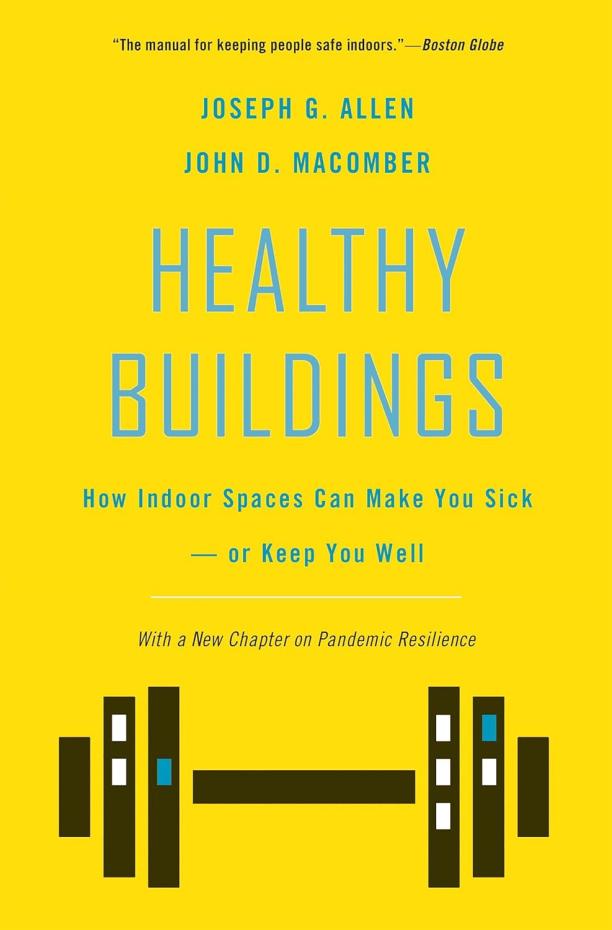
Healthy Buildings
Joseph G. Allen, John D. Macomber
The book explores the impact of indoor environmental quality on human health, productivity, and well-being, advocating for building designs that prioritize occupants' health. It provides evidence-based strategies for improving air quality, lighting, water systems, and building materials to create healthier work and living spaces.
See full summary